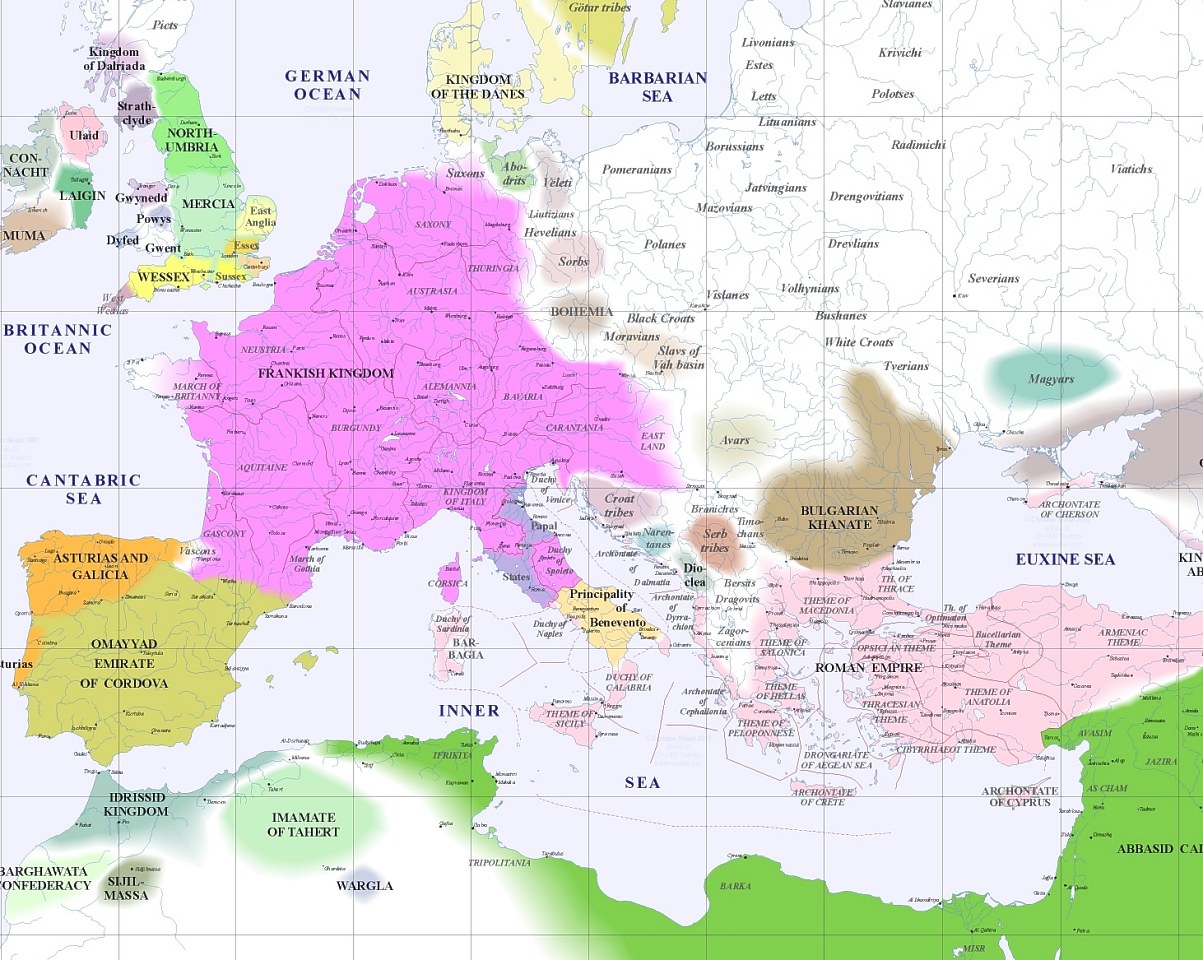well...Queen also "rules" over Australia, Canada...whole Commonwealth 


 ). He phoned his mate in London, and Westminster/The City was in mourning (The City means the "business" part of London).
). He phoned his mate in London, and Westminster/The City was in mourning (The City means the "business" part of London). ).
).


 Neither can understand the other in their respective local dialects.
Neither can understand the other in their respective local dialects.





Comment